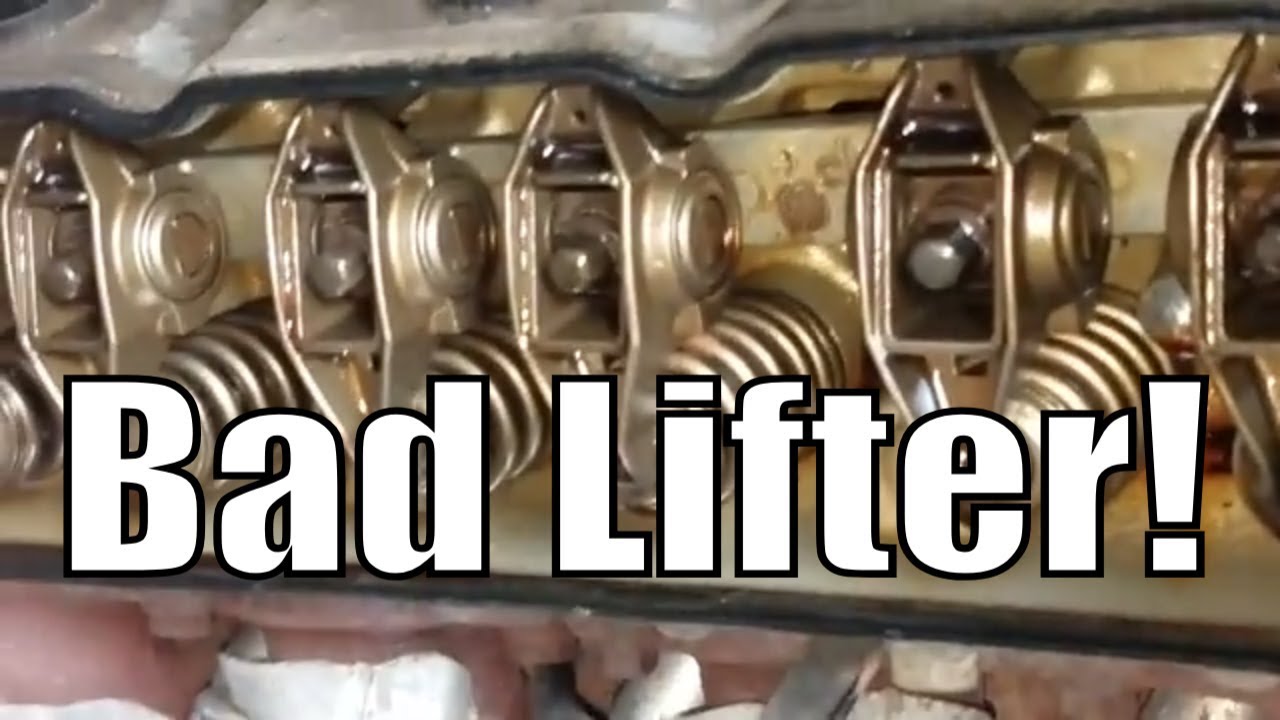
How Long Can You Drive with Bad Lifters?
Are you experiencing that ominous tapping sound under the hood of your beloved vehicle? That persistent, rhythmic ticking that seems to be whispering, “Something’s not right.” You might be dealing with a case of bad lifters. But fear not, for this article is here to shed light on the issue and guide you through the journey of understanding how long you can drive with bad lifters.
Before diving into the question of how long you can drive with bad lifters, let’s first grasp what lifters are and why they matter. Lifters, also known as hydraulic lifters or tappets, are vital components in your engine’s valvetrain. They play a pivotal role in ensuring smooth and efficient engine operation.
Lifters are situated between the camshaft and the pushrods (or directly on the cam lobes, in the case of roller lifters), and they assist in the precise opening and closing of the engine’s valves. Their primary function is to maintain proper valve clearance, allowing for efficient combustion and power generation within the engine.
Bad lifters often manifest themselves audibly. You might hear a distinct tapping or ticking noise coming from the engine compartment. This noise is the result of excessive clearance or play within the lifters, causing them to “tick” against other engine components. It’s important to note that this noise can be quite bothersome, not to mention concerning, but it doesn’t always spell impending doom for your engine.
So, how long can you drive with bad lifters before you should address the issue? Let’s explore that.
The Temporary Comfort Zone
When you start noticing the tapping or ticking sounds associated with bad lifters, you may wonder how long you can continue driving before taking action. The good news is that bad lifters often don’t result in an immediate engine failure. They tend to provide a bit of a grace period. However, you should treat this as a temporary comfort zone rather than a long-term solution.
- Mileage Can Vary
The exact duration you can drive with bad lifters varies from one situation to another. Several factors come into play, such as the severity of the issue, the make and model of your vehicle, and your driving habits. In some cases, drivers have been able to go for thousands of miles with noisy lifters, while others have faced more immediate consequences.
- Potential Consequences
While you might get away with driving for a while with bad lifters, it’s essential to understand the potential consequences. Bad lifters can lead to decreased engine performance, reduced fuel efficiency, and increased emissions. Ignoring the issue for too long can also result in more extensive and costly damage to your engine.
- Prioritize Repairs
Given the uncertainty of how long you can drive with bad lifters, it’s prudent to prioritize repairs. Ignoring the issue can lead to a cascading effect, causing damage to other engine components and ultimately costing you more in the long run.
Frequently Asked Questions
Q1: Can I replace 5.3L lifters without removing heads?
Yes, it is possible to replace 5.3L lifters without removing heads. However, this task can be complex and may require a fair amount of mechanical skill. If you’re not confident in your abilities, it’s advisable to seek professional assistance to ensure the job is done correctly.
Q2: What causes bad lifters?
Bad lifters can result from several factors, including wear and tear over time, oil contamination, or improper maintenance. Regular oil changes and engine maintenance can help prevent lifter issues.
Q3: How can I diagnose bad lifters?
Diagnosing bad lifters often involves listening for the characteristic tapping or ticking noise coming from the engine. Additionally, a mechanic can perform a more comprehensive inspection to confirm the issue.
Q4: Are bad lifters an emergency?
Bad lifters are not an immediate emergency, but they should be addressed promptly. Ignoring the problem can lead to decreased engine performance and potential long-term damage.
Q5: Can bad lifters cause engine damage?
Yes, bad lifters can lead to engine damage if left untreated. They can cause wear on other valvetrain components and impact engine performance.
Conclusion
Replacing lifters, whether it’s for a 5.3L engine or any other, is a task that should be approached with care and expertise. If you’re not confident in your mechanical abilities, it’s best to enlist the help of a professional mechanic who can diagnose the issue accurately and perform the necessary repairs.



